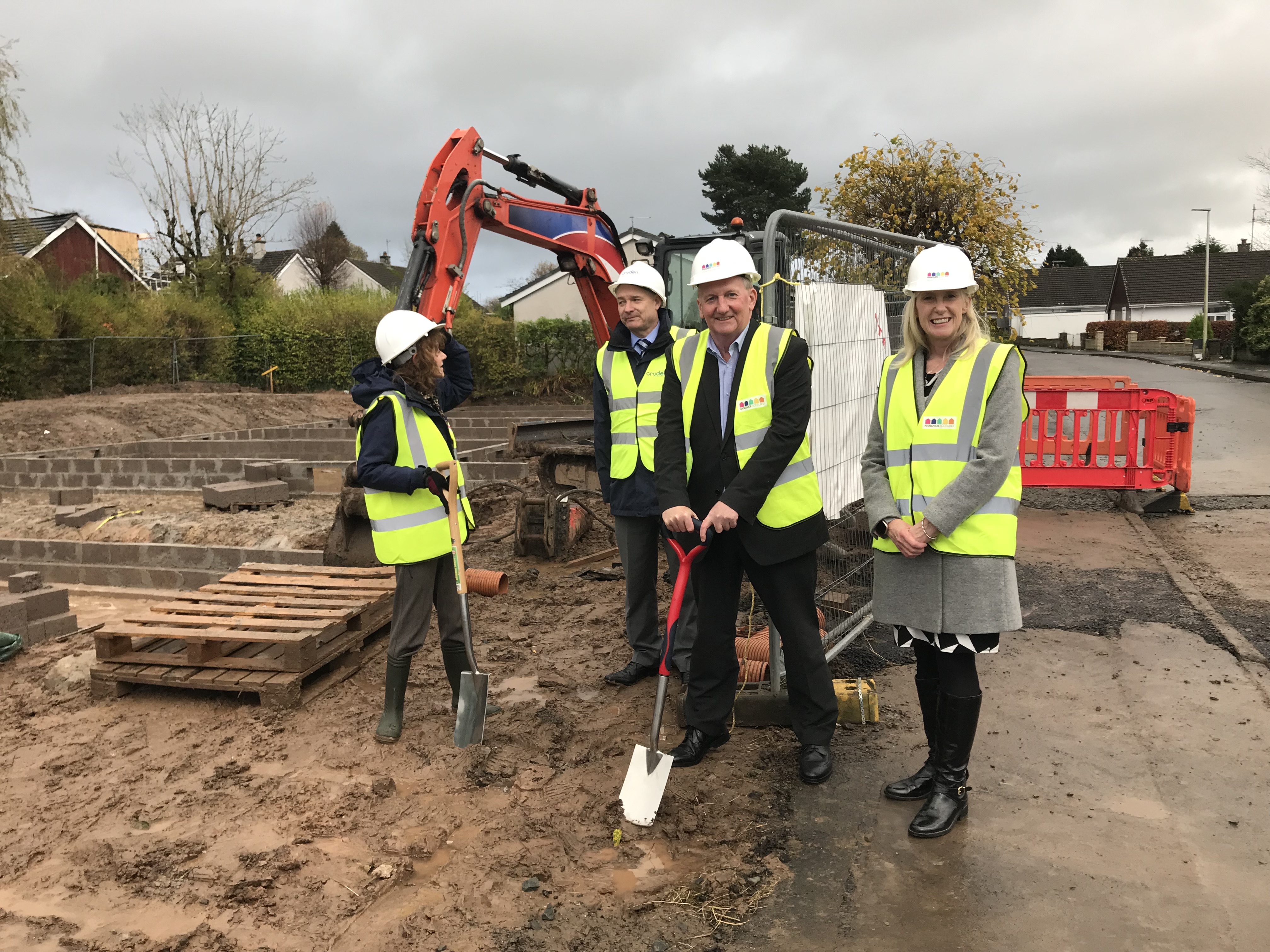Fuel poverty is a blight that has long plagued Scotland, heating costs continue to rise, and we are now in the midst of a climate crisis that demands that action must be taken to mitigate the worst effects of catastrophic climate change.
A lot of the work to tackle the climate crisis requires global, collaborative action, but right now here in Scotland, we can undertake action that will help. By introducing new minimum environmental standards for all new houses built in Scotland we can reduce emissions from housing built here and tackle one of the issues, contributing to our CO2 emissions, head-on now.
There is a lot of talk about zero emissions, decarbonisation and green energy. We cannot just rely on decarbonising the grid to meet our commitments. We must significantly improve the energy performance of our buildings. This is because the national grid has limits. Whilst the energy offered by wind, solar and the tide is almost infinite, our capacity to harvest that energy is not – there is a financial and carbon cost to all renewable technology.
And all the renewable energy and storage capacity has to be shared with all sectors (particularly transport). Also, electricity is currently around four times more expensive than gas, so we risk pushing more people into fuel poverty, unless heat pump installation and other innovations are coupled with significant improvements in the energy performance of our buildings.
The cost of building more efficiently is 3-4pence per kWh, over a 60yr life cycle. The cost of generating that kWh rather than saving it is more expensive, in every scenario, for all forms of renewable energy – the cheapest, and most sustainable, energy is the energy you do not use in the first place.
In introducing this consultation I note that while announcements in the 2021/22 Programme for Government state zero-emission heating will be a requirement for new build housing from 2024 and energy standards within current building regulations will be reviewed to deliver further improvement – these actions fall far short of what is required for Scotland to meet its Net Zero commitments in the house building sector.
Energy efficiency improvements through new building standards is the only realistic way to achieve net Zero Carbon without massive renewable energy expansion coupled with a significant, and expensive, investment in grid capacity.
It is on this basis that a consultation on a Member’s Bill will be progressed to mandate the Passivhaus Standard or a Scottish equivalent for all new buildings in Scotland from 2025.


